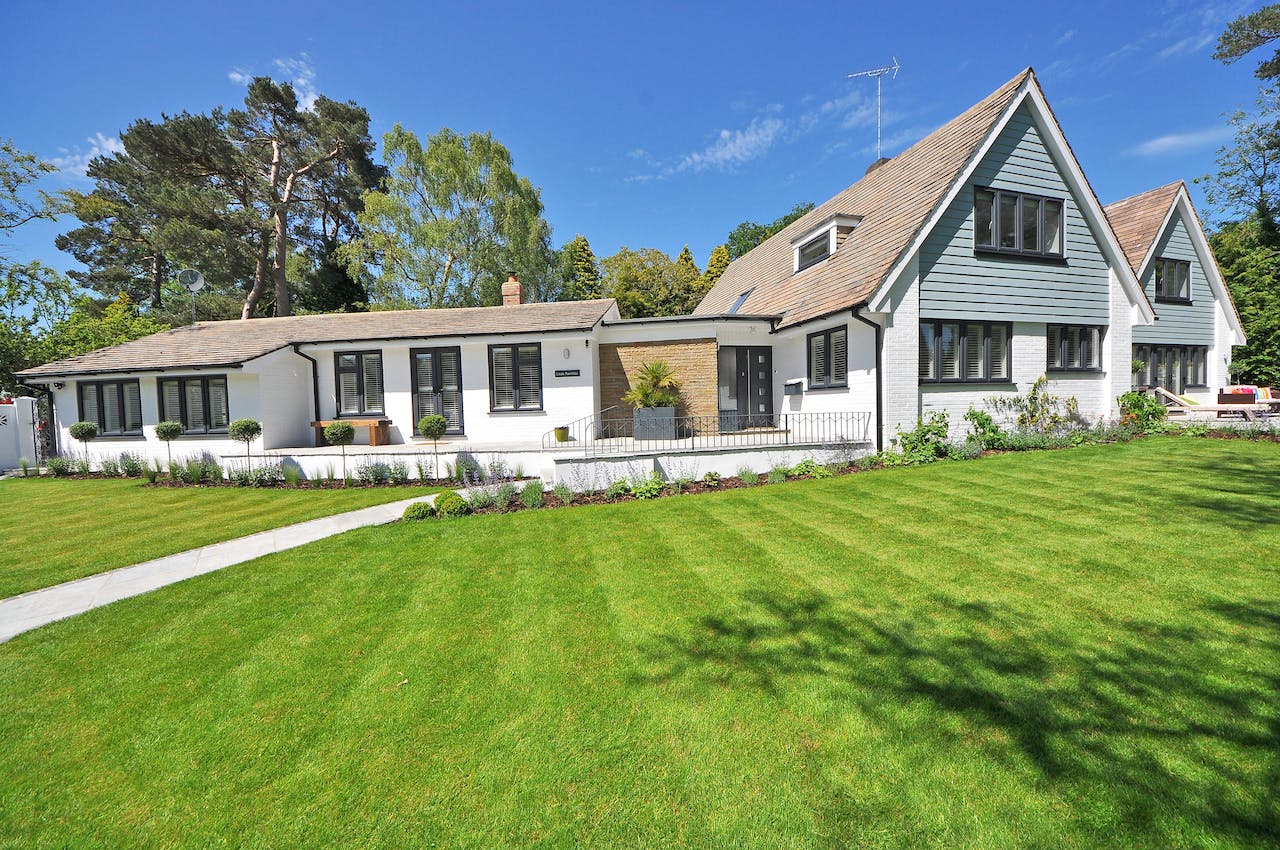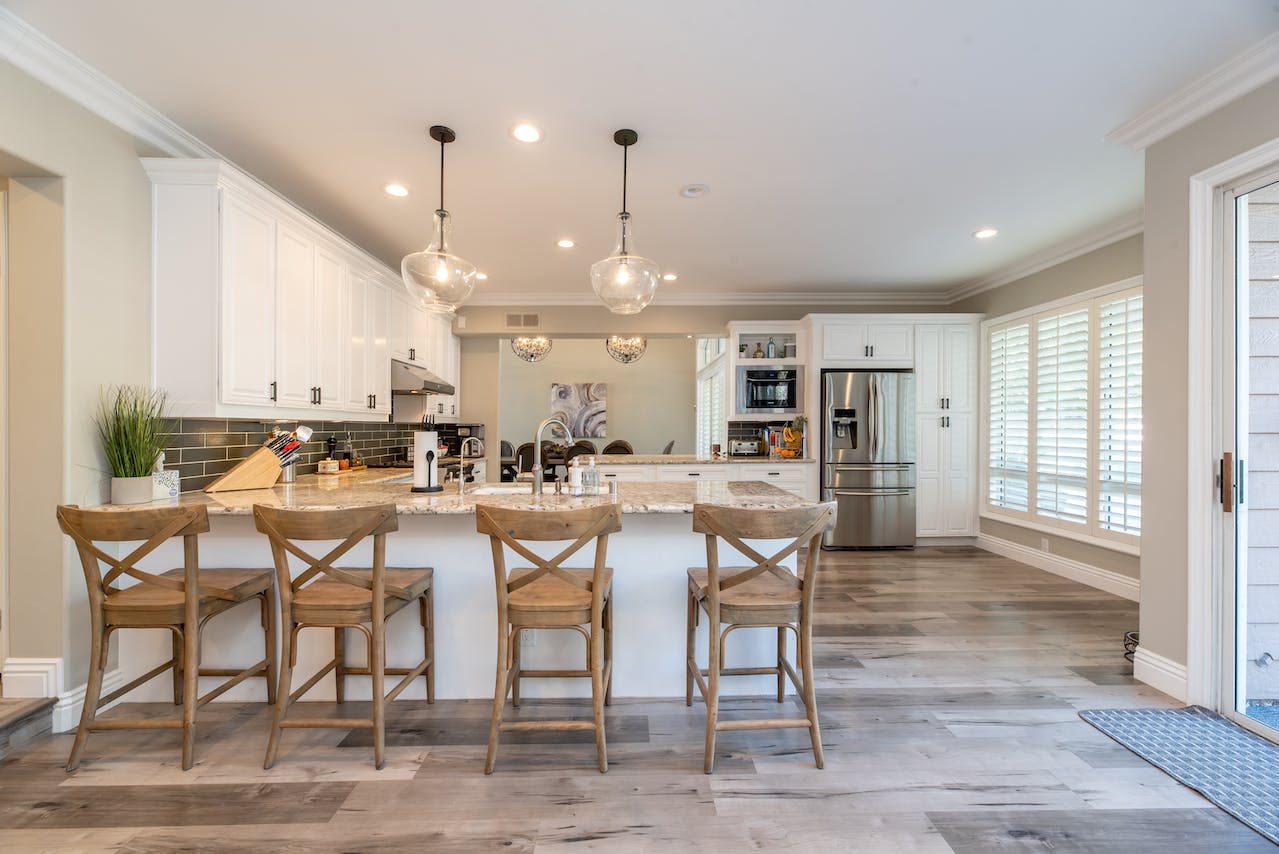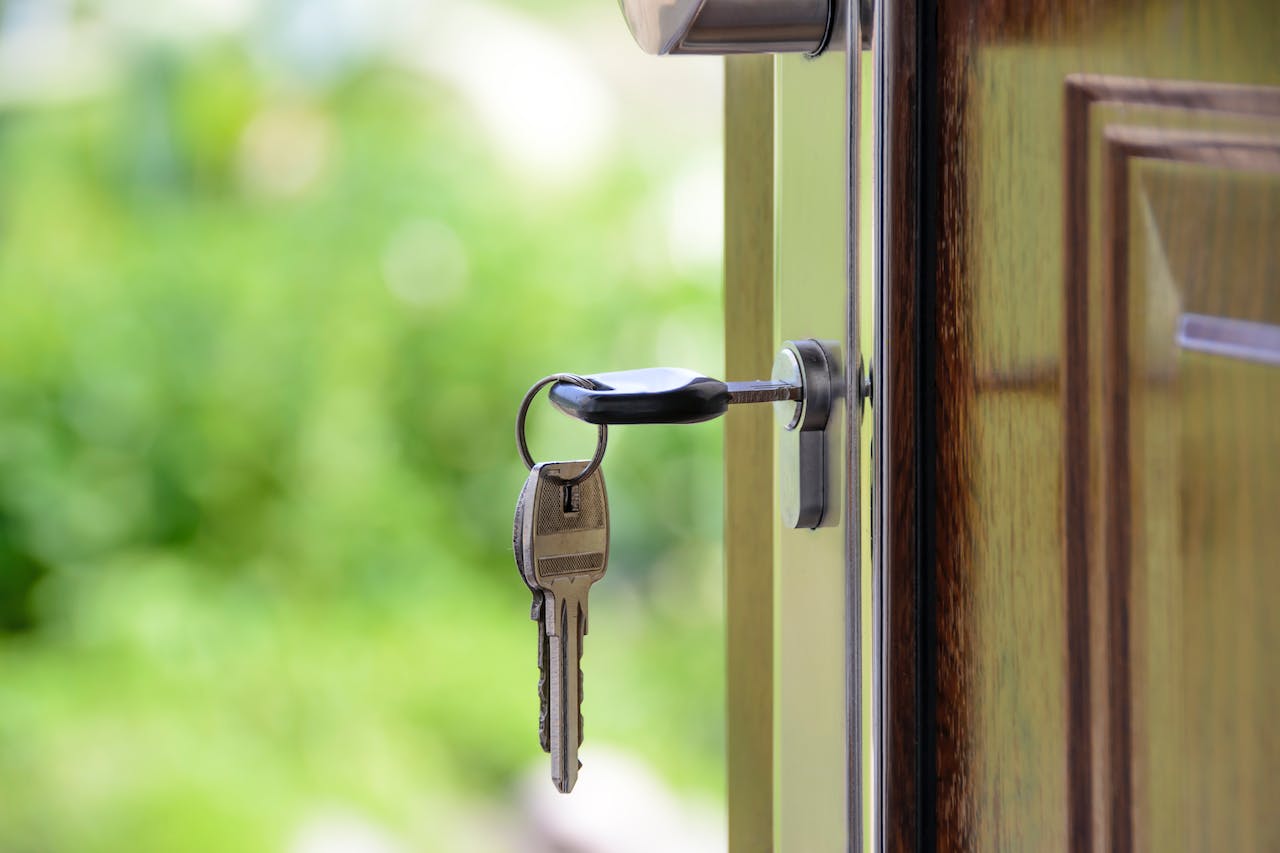How To Increase Your Home's Value - Features That Boost Market Appeal
Wondering how to increase your home's value? Embracing strategies to enhance your home's appeal and overall worth can be a wise financial decision, offering both short-term and long-term benefits.
Author:Liam EvansReviewer:Habiba AshtonFeb 05, 20241.7K Shares33.3K Views

Owning a home is not solely an emotional experience; it's also a financial decision with the potential to yield dividends as equity accumulates and property values rise over time. The rate of this appreciation hinges on various factors, such as the community, local housing demand, and the overall economy. However, homeowners can actively influence their property's value by implementing upgrades and changes that enhance its appeal, justifying a higher selling price.
Whether you have plans to sell soon or aim to continually boost your home investment's value, numerous steps can be taken to achieve this goal. In this article, we will delve into proven strategies that can yield substantial returns when the time comes to sell.
Wondering how to increase your home's value?Embracing strategies to enhance your home's appeal and overall worth can be a wise financial decision, offering both short-term and long-term benefits.
Add Usable Square Footage
Expanding the usable space in an existing home often proves to be a financially sound decision, especially in regions where available land is limited. This not only enhances the practicality of the home but also boosts its overall value.
The valuation and pricing of homes are closely tied to their livable square footage, making any additions to this space a strategic investment. Whether it's the inclusion of a new bathroom, a spacious great room, or any other essential area, such enhancements can significantly increase both functionality and property value.
A particularly savvy move is the addition of a separate in-law suite, officially known as an accessory dwelling unit. Given that most homes lack this feature, incorporating one into your property sets it apart from the competition when the time comes to sell, proving to be a wise and distinctive investment.
Improve The Exterior
The initial impression your home conveys, known as curb appeal, plays a crucial role in capturing a potential buyer's interest. The exterior should evoke a desire to step through the front door and explore further.
At a minimum, ensure the landscaping is well-maintained. An unkempt yard can deter buyers, giving them the impression that the house is not adequately cared for. If your yard lacks vibrancy compared to others in the neighborhood, consider simple DIY projects like adding beds, borders, or planting resilient ground cover and low-maintenance flowers.
Next, objectively assess the exterior of the structure itself. Upgrading dated features, such as doors and siding, can significantly enhance the overall appearance of the home. Exterior replacement projects often yield better returns on investment compared to many interior remodeling endeavors, making them a wise choice for boosting the home's market appeal.
Make It More Efficient
Integrating energy-conservation features not only contributes to reduced utility bills but also enhances a home's attractiveness to potential buyers. According to real estate agents, windows, doors, and siding are considered key green home features that hold significant importance for clients.
Beyond these, there are additional options such as improved attic insulation, LED lighting, and energy-efficient appliances. For those considering a more substantial investment, the installation of solar panels is an option. However, it's crucial to recognize that solar panels involve a substantial financial and structural commitment, making them sensible primarily for those aiming to enhance long-term property value rather than seeking immediate returns.
To identify energy waste and determine the most cost-effective upgrades, consider scheduling an assessment with a certified energy auditor or consulting your utility company. This proactive approach allows you to make energy-efficient improvements well before considering the sale of your home.
Stage Your Home
When preparing to list your home for sale, consider forgoing cosmetic home improvements and opt for a professional home staging service instead. The average cost of staging is just over $1,600, although the final expense depends on your specific requirements and the size of your home.
Staging services encompass a wide range, from simple tasks like decluttering and depersonalization (such as removing family photos or specific decor) to more extensive efforts like bringing in rented furnishings and repainting. In essence, the complexity of the staging process directly influences the overall cost. Consulting with a real estate agent can help you identify which staging services would have the most significant impact on enhancing your home's value.
Update The Look Of Your Kitchen
The kitchen often stands out as a focal point for many homebuyers, and an outdated one can potentially impact your sale's outcome. Inefficient layouts, lack of space, or other concerns that hinder full utilization of the kitchen space can also limit your home's appeal.
However, a comprehensive kitchen renovation is a substantial investment, and the return may not cover the entire cost. On average, a complete kitchen overhaul can cost around $80,000, with a likely resale value of approximately $60,000. Interestingly, midrange or more modest upgrades tend to offer a better return on investment compared to elaborate renovations.
If a full-scale kitchen renovation seems daunting, even minor remodels, such as coordinating appliances and updating cabinet hardware, can positively impact your home's value. It's advisable to consult with a real estate agent to determine the most sensible and lucrative upgrades that will appeal to potential buyers.
Improve The Air Quality Inside Your Home
Indoor air quality is not solely influenced by external conditions. Older carpets in your home could be harboring contaminants and allergens. To assess whether replacement is necessary, consider hiring a professional company to test your indoor air quality.
If the results indicate that carpet replacement is advisable, opt for environmentally friendly materials like tile or laminate floors. Hard-surface floors are easier to maintain, don't retain odors, provide a modern aesthetic, and generally hold more appeal for potential buyers.
Replace Worn Carpets Or Rugs
Evaluate your home's soft flooring, such as carpets and area rugs, for signs of staining or wear. Buyers are deterred by the notion of immediately having to replace all the flooring in a home. While the ideal plan might be to replace everything, budget constraints may necessitate starting with the room showing the most wear and tear. Subsequently, replace others as your finances allow.
Keep Up With Regular Maintenance And Repairs
Conduct a thorough walk-through of your home and compile a list of all minor repairs or broken items. While each repair may seem insignificant, the cumulative effect of several small issues in every room can create the perception that your home has been overlooked.
If you're not confident in handling the repairs independently, consider hiring a handyman for a day to address your list efficiently. Proactively managing maintenance tasks now can prevent future problems, particularly if you have plans to sell your home.
Paying For Home Improvements
Whether you're preparing to sell your home or aiming to enhance your living space, financing home improvement projects requires careful consideration. While saving cash is an option, various financing alternatives can expedite your home remodeling plans.
Personal Loan
Personal loans offer a fixed amount with a fixed interest rate, and they are unsecured, requiring no collateral. Lenders often permit borrowing up to $35,000 or more for home improvements. Compare rates to secure the most cost-effective loan for your project.
Home Equity Loan Or HELOC
Home equity loans provide a lump sum with a fixed interest rate and fixed monthly payments. HELOCs function like credit cards, offering a line of credit with variable rates. Collateral, typically your home, is required for qualification. Despite potential collateral, these loans may offer lower interest rates and could be tax-deductible if used for eligible home improvements.
0% APR Credit Card
For smaller projects, a 0% APR credit card with no interest payments for a limited period (often up to 18 months) can be an attractive option. This is especially useful for those able to pay off the balance within the promotional period. However, beware of higher variable rates if the balance isn't cleared on time.
Cash-Out Refinance
If you've built equity in your home and plan a significant renovation, a cash-out refinance can provide funds while potentially securing a lower mortgage rate. Consider closing costs and shop around for the best refinance rates to maximize savings.
How To Increase Your Home's Value - FAQ
What Renovations Add The Most Value To A Home?
Remodeling can boost the return on investment (ROI) of a house. Electric HVAC conversions, garage door replacements, manufactured stone veneers, steel entry door replacements tend to generate the highest ROIs. Remodeling projects must generally fix a design or structural flaw to earn back the cost of construction.
What Doesn't Add Value To A House?
Installing custom faucets, ceiling fans, or lighting fixtures may sound like an easy way to elevate a room in your home, but these improvements won't increase your home's value enough to cover the cost it takes to purchase and install them. Plus, potential buyers won't pay more for a home just for high-end fixtures.
Do Windows Increase Home Value?
Yes, new windows increase home value. Especially if you are going from noticeably old and damaged windows to modern luxury windows, you could see a big boost in value. Every home is different, and there are many factors at play, so the increase will vary, but replacement windows do add resale value to your home.
Finally
Making your home more attractive to potential buyers doesn't have to be complicated. By focusing on features that boost market appeal, such as enhancing curb appeal and incorporating modern touches, you can significantly increase your home's value. These simple steps can make a big difference and help your home stand out in the real estate market.

Liam Evans
Author

Habiba Ashton
Reviewer
Latest Articles
Popular Articles

